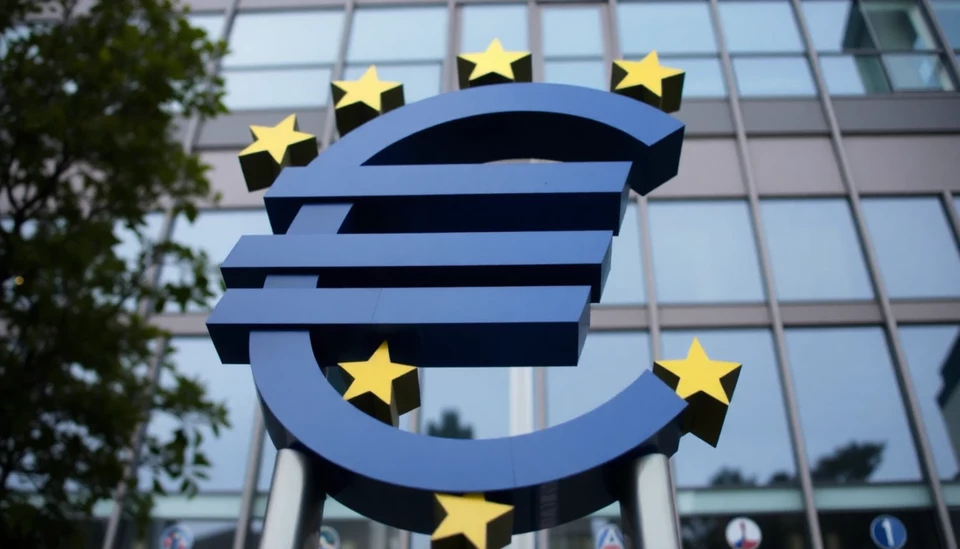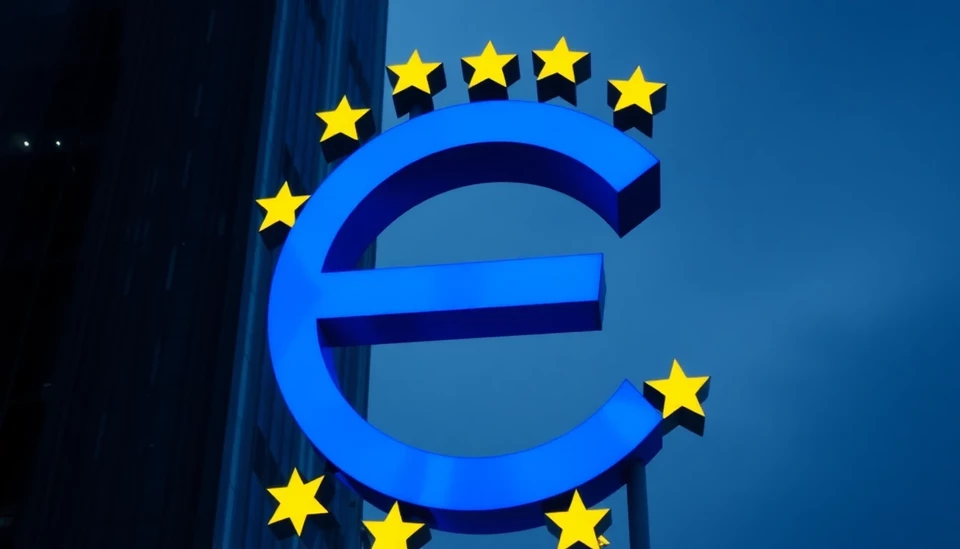
The economic landscape in the Euro Zone witnessed an unexpected turn as inflation figures rebounded recently. This rise in inflation has sparked discussions among economists regarding the implications for European Central Bank (ECB) policies. However, despite this increase, experts suggest that the ECB's plans for interest rate cuts are unlikely to be derailed.
In recent data released, the annual inflation rate in the Euro Zone displayed a notable uptick. This change raises concerns about potential impacts on consumer spending and overall economic growth within the bloc. Analysts have indicated that the inflation increase, driven largely by a surge in energy prices, may provoke the ECB to exercise caution in its monetary policy adjustments.
While the rise in inflation poses challenges, the ECB appears to maintain its commitment to reducing interest rates. Officials within the bank have signaled that the central bank's analysis remains focused on broader economic conditions rather than reacting solely to inflationary spikes. Many economic experts believe this indicates a steady approach to future monetary policy, emphasizing the bank's overall strategy over transient fluctuations in inflation metrics.
Market responses have reflected this sentiment, as many investors remain optimistic about the potential for a more accommodative monetary stance from the ECB, even following the latest inflation figures. This optimism is grounded in the belief that sustained economic recovery will contribute to a modest but stable inflation environment in the long term.
It's crucial to note that while the inflation rebound has generated chatter among economists and market analysts alike, the ECB's forward guidance does not appear to be shifting significantly. The bank is expected to continue monitoring inflation trends closely but is likely to remain focused on its broader economic objectives, including promoting growth and employment in the Euro Zone.
This recent inflation data suggests that the Euro Zone may be navigating through complex economic waters, where the interplay of consumer prices and central bank policies will be essential for future growth. As the ECB prepares for its next policy meeting, stakeholders across the region will be keen to see how these dynamics unfold and influence decision-making at the bank.
In conclusion, while the recent increase in inflation within the Euro Zone raises valid concerns, it is poised not to disrupt the ECB's well-considered plans for rate cuts. The central bank seems determined to maintain its trajectory toward more dovish monetary policy, irrespective of short-term inflationary pressures.
#EuroZone #Inflation #ECB #InterestRates #EconomicPolicy #MonetaryPolicy
Author: Laura Mitchell




